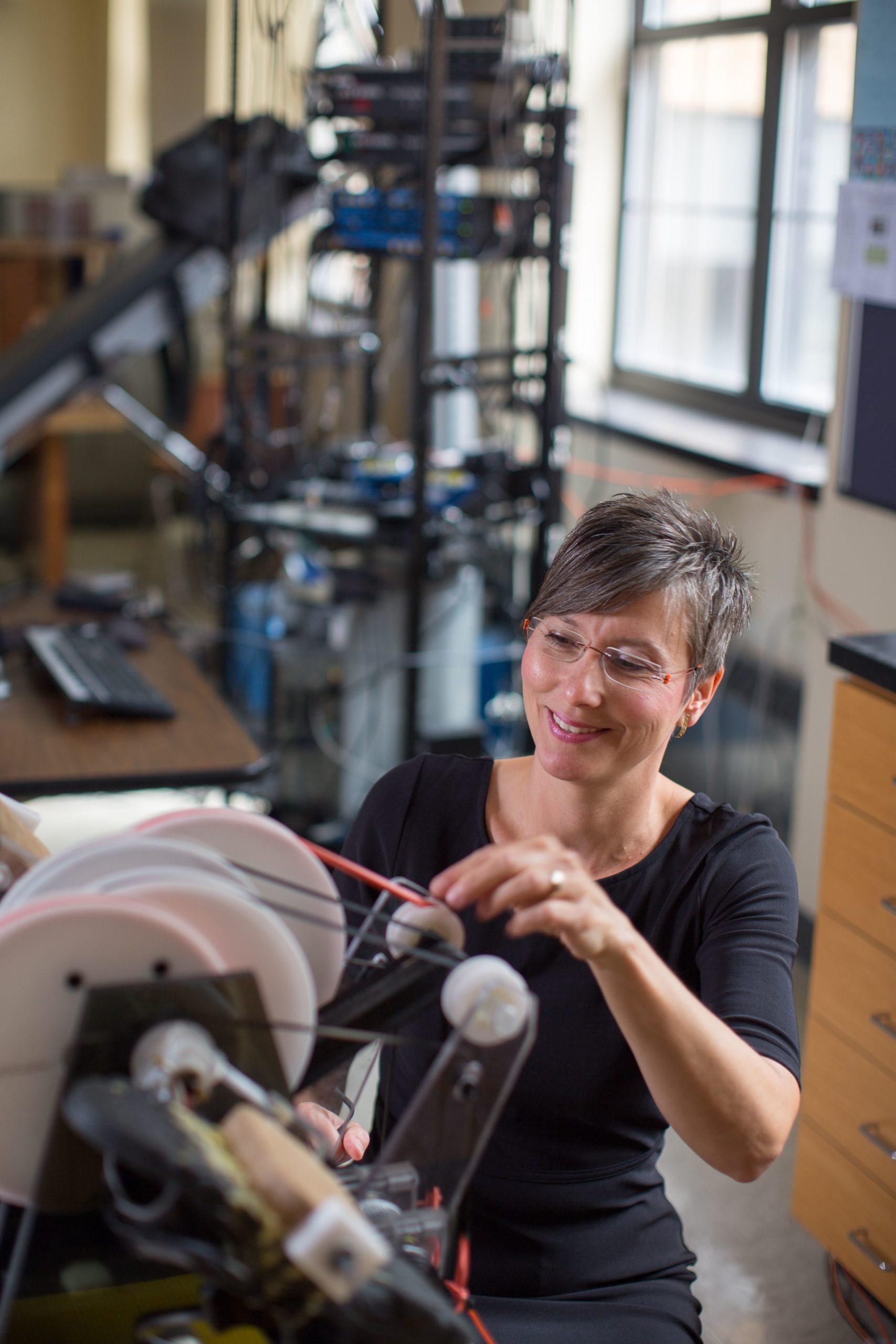
Shop Talk is a newsletter published by The Evidence Workshop, LLC. It helps clinicians integrate the best, available research evidence into front-line practice.
Just like a 90% effective vaccine brought hope, a 70% more transmissible virus raises concerns. We don’t know a lot yet, but preliminary reports out of the United Kingdom suggest that a new variant of the novel corona virus is spreading up to 70% faster than its predecessors. The news has led to new travel restrictions and more stringent shelter in place orders in the UK. We don’t know yet if the more catchy form of the virus is heading our way or whether it’s already here. Nevertheless, we thought we might provide some context by examining this news in terms of control event rate (CEE).
Recall that in the Pfizer vaccine study, 0.40% of unvaccinated (control) participants came down with COVID-19. The math looked like this:
CEE = 86/21,769*100 = 0.40%
where 86 out of 21,769 participants who got the salt water shot, came down with the disease.
Recall that CEE is the rate at which a bad thing happens in a group that is NOT treated.
Now let’s imagine that the conditions of the Pfizer trial were exactly the same as they were back in the spring, except that the new, more contagious form of the corona virus was circulating about. One might expect that 70% more untreated participants would come down with COVID-19. Hypothetically, the math looks like this:
CEE = (86*1.7)/21,769*100 = 0.67%
where 1.7 represents a 70% increase in cases and the new CEE is 0.67%.
It’s still quite unlikely that any particular unvaccinated person would get COVID-19. But spread across a region, country, or the world, one can see how the case count can grow more quickly, followed by rapidly rising hospitalizations and possibly death.
It’s not clear yet why the new strain is showing up more often in those who are ill with COVID-19. Preliminary data are based on case counts, which are influenced by the innate transmissibility of the virus, how likely it is to cause illness in those infected, and human behavior. In time, we’ll understand which of these factors explain the phenomenon in the UK. But for now, the only modifiable factor is human behavior, which is likely why the UK has doubled down on some COVID-related restrictions despite the holiday season.
Here at the shop, we regret sharing bad news today. Our goal is to bring some context to the crisis of COVID-19 and perhaps a better understanding of science in general. But we also know that no numbers or equations can quantify the personal toll of COVID-19. Whatever losses you have experienced in 2020, we hope you find some peace in the days ahead.
Be well.
For more information on CEE, see Grateful for Vaccines at https://www.buymeacoffee.com/ptworkshop/grateful-vaccines.
